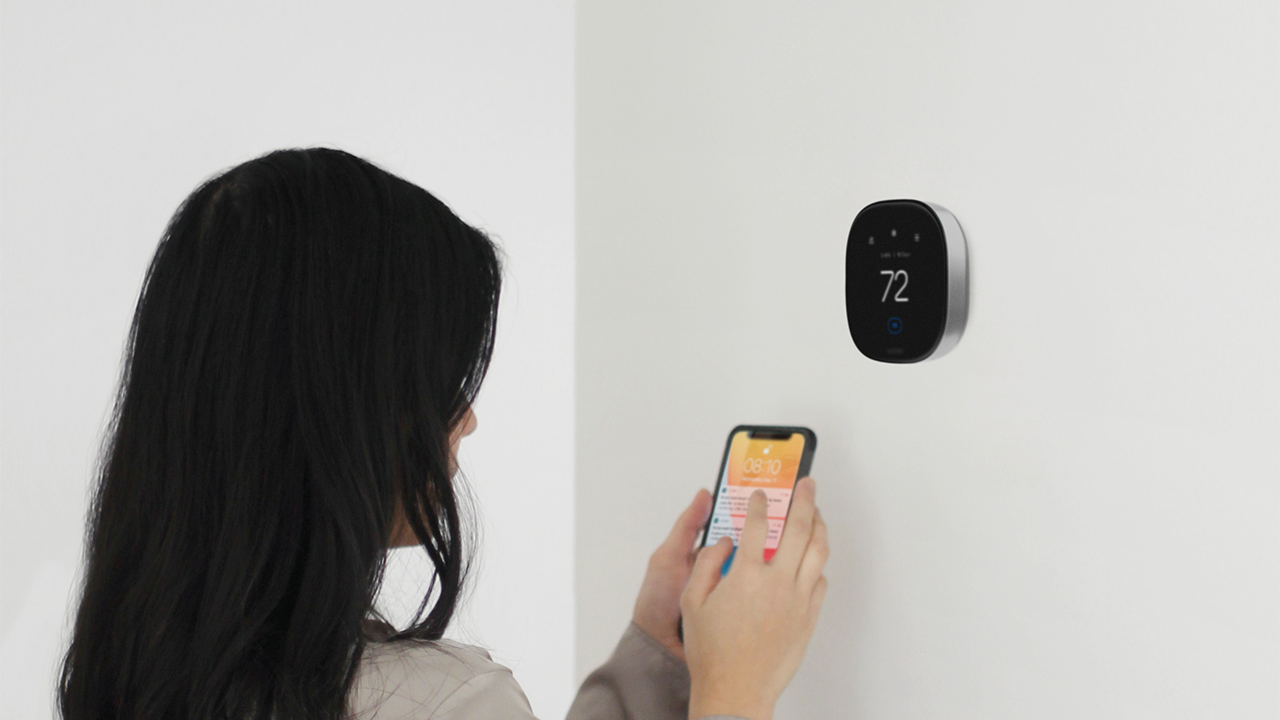
First of all,
People experience many changes as they get older, including changes to their mental and physical health. Despite being more closely linked to younger generations, anxiety is a widespread mental health issue among the elderly. Older individuals’ anxiety symptoms may worsen as a result of health problems, bereavement, changes in social roles, and financial strains. Consequently, in order to create strategies that effectively support senior mental health and general well-being, it is imperative to comprehend the relationship between anxiety and aging.
Recognizing Senior Anxiety:
Anxiety disorders are a broad category of illnesses marked by excessive concern, anxiety, and unease. All ages are susceptible to anxiety, but seniors may feel it differently for a variety of reasons, such as physiological changes, life transitions, and societal perceptions of aging.
Physiological Changes:
As we age, our bodies and brains undergo physiological changes that can affect how we regulate our emotions and make us more susceptible to worry. For example, changes in hormone levels and neurotransmitter levels may be involved in older persons’ increased anxiety symptoms.
Life Transitions:
Retirement, losing one’s freedom, and chronic sickness are just a few of the major life transitions that seniors frequently experience. These events can cause or worsen anxiety. Familiar patterns may be upset by these changes, which could make people feel insecure and uneasy.
Social Attitudes:
Ageism, or age-based discrimination, is pervasive in society and has a detrimental effect on the mental health of the elderly. Those who stereotype older persons as feeble, reliant, or incapable may experience worry and feelings of inadequacy as a result.
Typical Anxiety Disorders in the Elderly:
Seniors may suffer from a variety of anxiety disorders, including as panic disorder, social anxiety disorder, generalized anxiety disorder (GAD), and particular phobias. Anxiety in older individuals can present with a variety of symptoms, but common ones include:
Continuous anxiety or fear around routine worries
Physical signs such weariness, tenseness in the muscles, restlessness, and insomnia
avoiding social events or circumstances because of discomfort or anxiety
Attacks of panic marked by an abrupt onset of extreme discomfort or dread
Techniques for Senior Anxiety Management:
Senior anxiety management calls for a thorough strategy that takes into account the psychological as well as the physical components of the illness. Seniors’ mental health and wellbeing can be enhanced by implementing the following tactics:
Psychotherapy:
Seniors with anxiety disorders can benefit from cognitive-behavioral therapy (CBT) and other evidence-based psychotherapy techniques. These treatments support the development of coping mechanisms, the identification and testing of illogical ideas and beliefs, and the gradual facing of dreaded circumstances.
Medication:
To treat severe anxiety symptoms, a doctor may occasionally prescribe medication. Medication should, however, be taken sparingly, taking into account any possible adverse effects and combinations with other drugs that seniors frequently use.
Relaxation Methods:
Seniors can better control their stress and anxiety levels by practicing relaxation methods like progressive muscle relaxation, deep breathing, and mindfulness meditation. These methods encourage rest and improve general wellbeing.
Frequent Exercise:
There are many advantages to physical and mental well-being from physical activity. Regular exercise, like swimming, tai chi, or walking, can help seniors feel less anxious, feel happier, and have better cognitive performance.
Social Support:
Seniors’ mental health and resiliency depend heavily on their ability to maintain social relationships. Seniors’ feelings of isolation and loneliness can be lessened by encouraging them to engage in social activities, join clubs or support groups, and maintain relationships with friends and family.
Healthy Lifestyle:
Reducing anxiety in seniors requires a healthy lifestyle that avoids dangerous substances like alcohol and tobacco, eats a balanced diet, and gets enough sleep. Sufficient sleep fosters emotional well-being, while healthy eating and hydration improve brain function and mood control.
Meaningful Activities:
Seniors can keep a positive attitude and lower their anxiety levels by taking part in meaningful activities that give them a sense of fulfillment and purpose. Maintaining an active and involved lifestyle, whether through volunteering, hobbies, or learning new skills, is good for mental health.
Seniors can experience mental calmness and decreased worry by doing mindfulness practices including deep breathing exercises and meditation. By encouraging acceptance and awareness of the present moment, these techniques increase emotional resilience.
Professional Support:
Mental health specialists like psychologists, psychiatrists, or geriatric counselors should be consulted by seniors who are suffering from severe or ongoing anxiety. These specialists are qualified to evaluate the patient’s condition, administer the proper care, and provide support and direction during the patient’s recuperation.
In summary:
Seniors who suffer from anxiety have serious mental health issues that impair their general wellbeing and quality of life. Promoting senior mental health requires an awareness of the particular difficulties that older persons confront and the application of focused anxiety management techniques. Seniors who embrace a comprehensive strategy that takes into account lifestyle, social, and psychological aspects of anxiety can successfully manage their condition and have happy, purposeful lives as they age. Seniors’ emotional resilience and general wellbeing can be enhanced by encouraging them to take advantage of therapy interventions, seek out competent medical assistance, and uphold healthy lifestyle choices. Seniors can age gracefully and conquer anxiety, retaining their mental health and energy, with the correct services and support.
RELATED POSTS
View all


